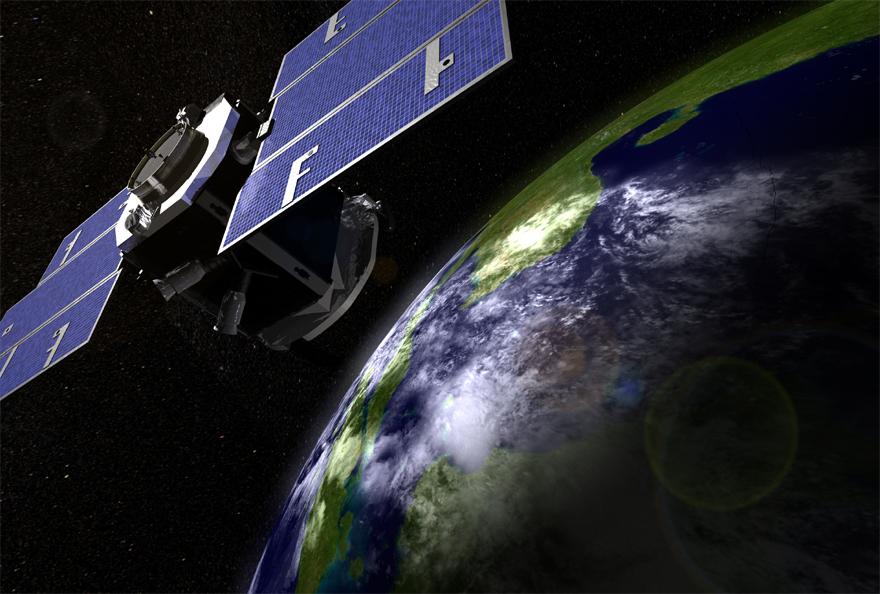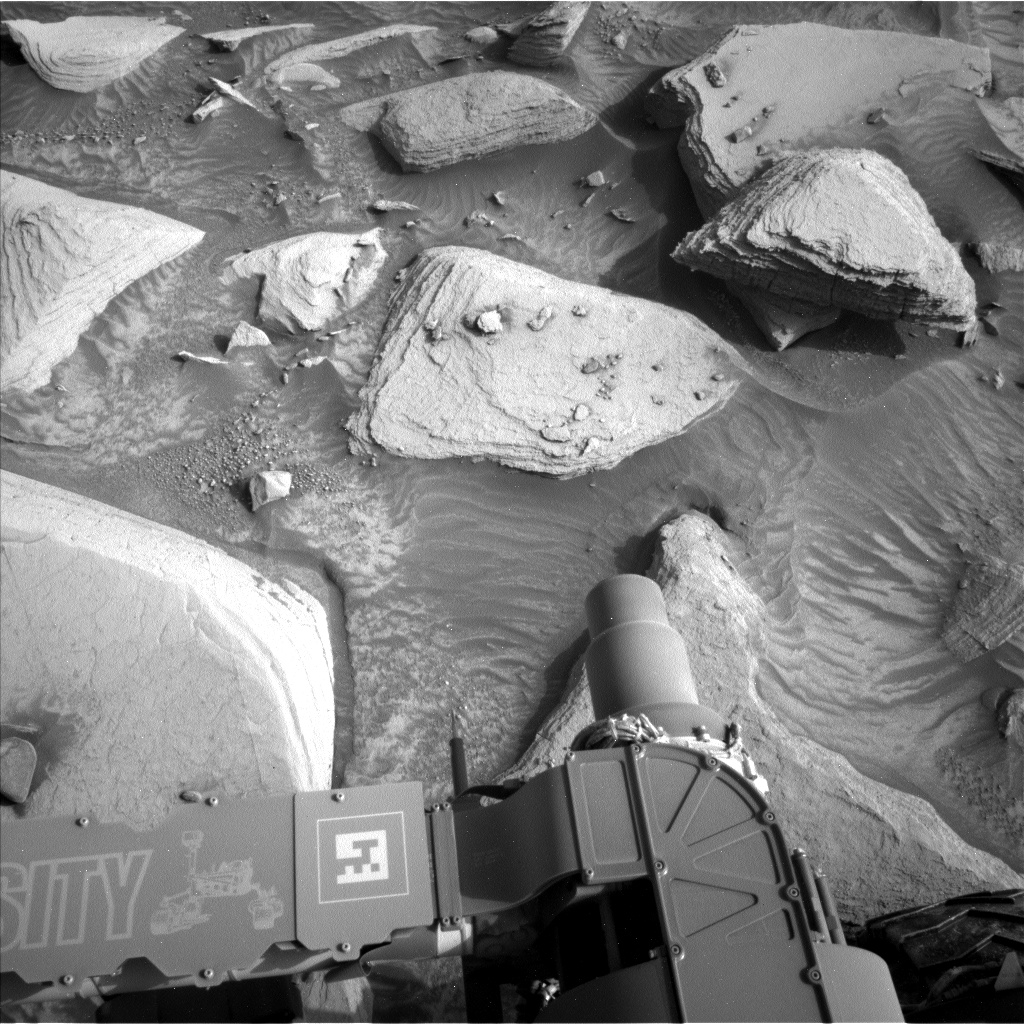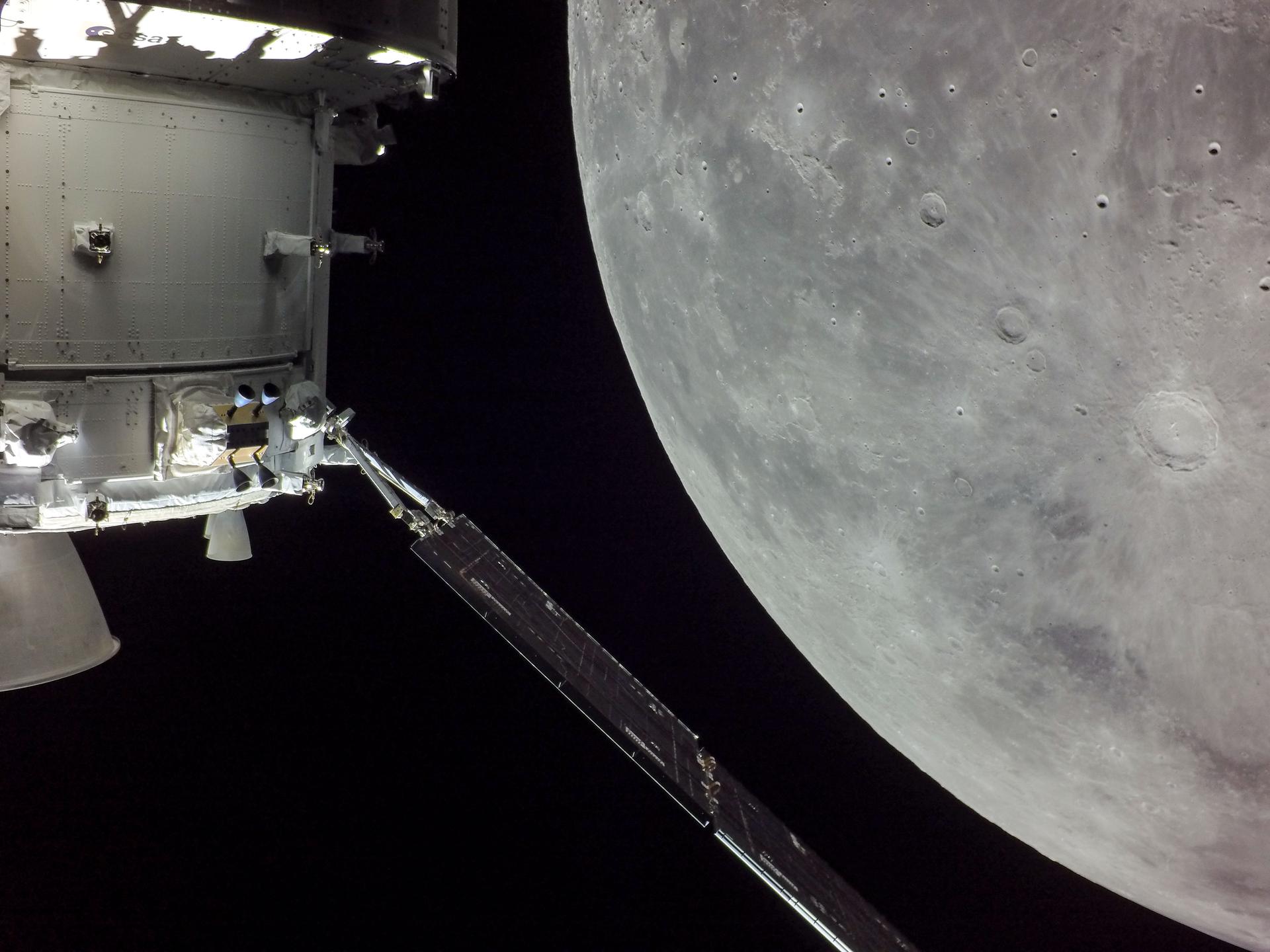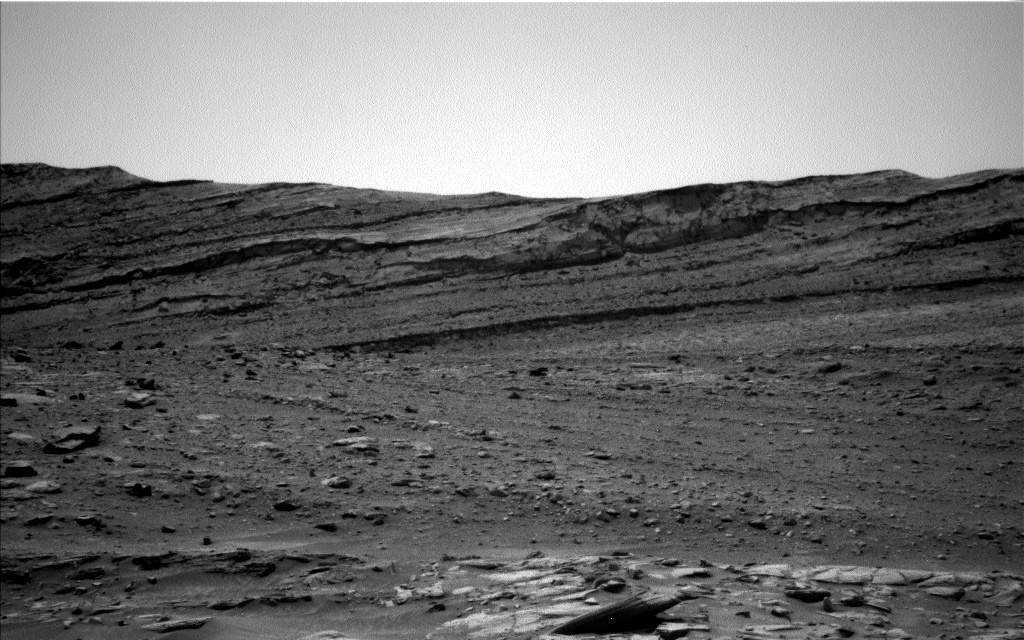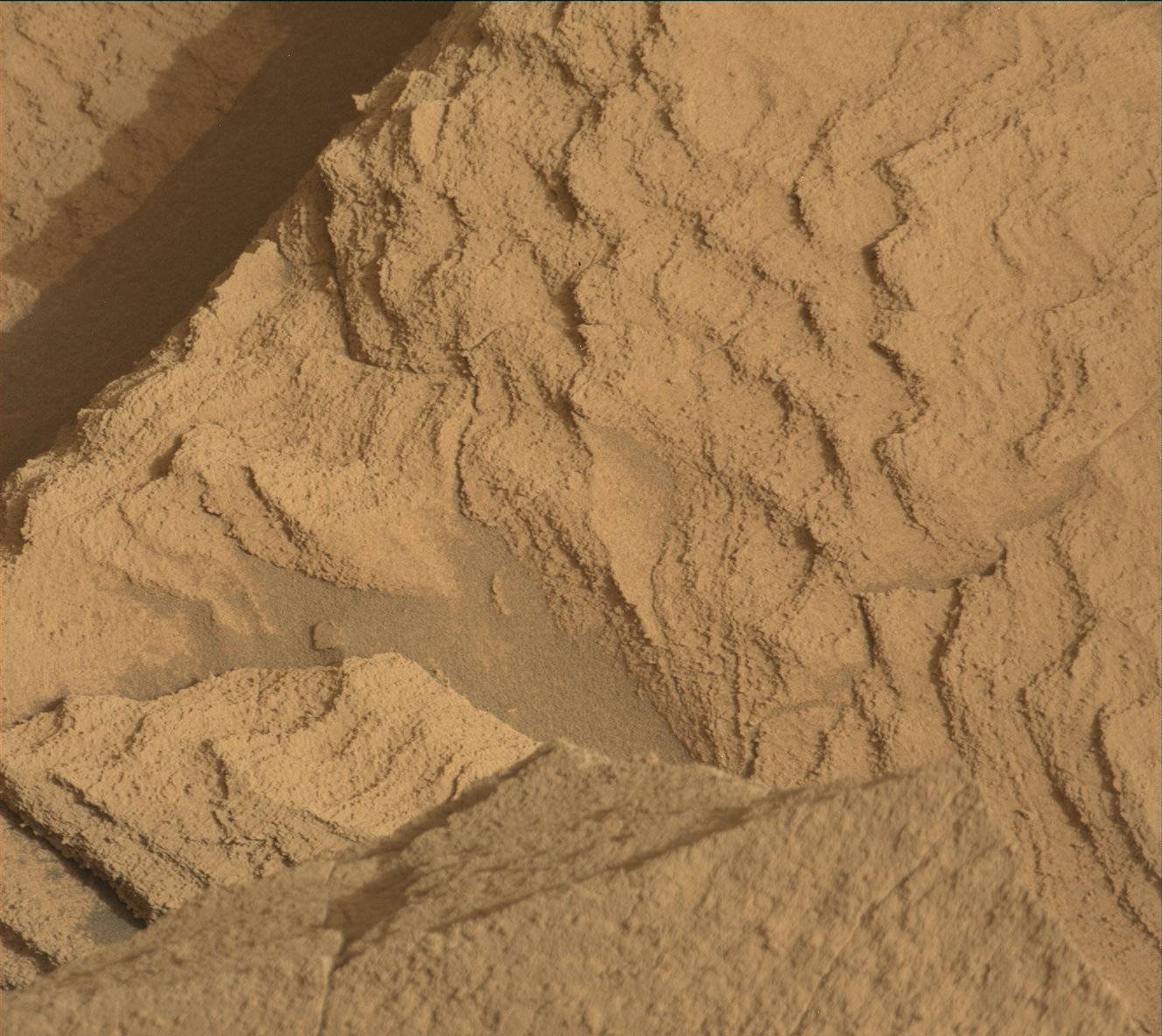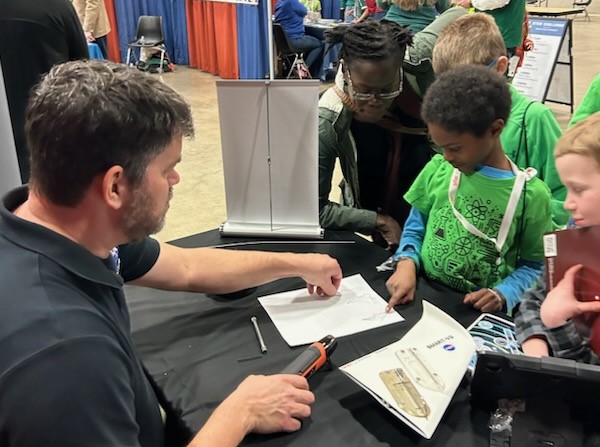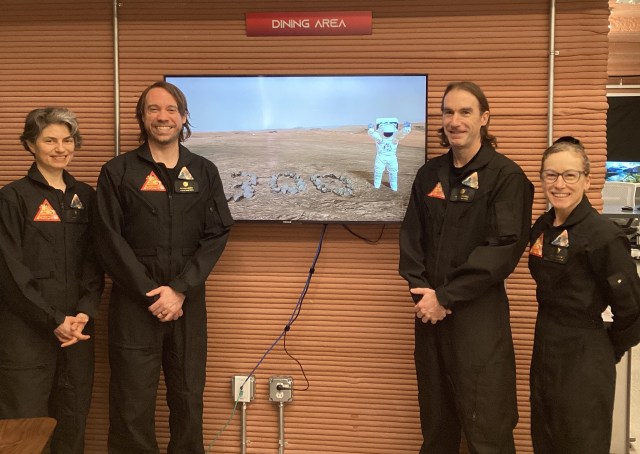On July 6, 2016, engineers instructed NASA’s Solar Dynamics Observatory, or SDO, to roll 360 degrees on one axis. SDO dutifully performed the seven-hour maneuver, while producing some dizzying data: For this period of time, SDO images – taken every 12 seconds – appeared to show the sun spinning, as if stuck on a pinwheel. This video was taken by SDO’s Atmospheric Imaging Assembly instrument in extreme ultraviolet wavelengths that are typically invisible to our eyes, but was colorized here in gold for easy viewing.
This maneuver happens twice a year to help SDO’s Helioseismic and Magnetic Imager, or HMI, instrument take precise measurements of the solar limb, the outer edge of the sun as seen by SDO. Were the sun perfectly spherical, this would be a much simpler task. But the solar surface is dynamic, leading to occasional distortions. This makes it hard for HMI to find the sun’s edge when it’s perfectly still. HMI’s biannual roll lets each part of the camera look at the entire perimeter of the sun, helping it map the sun’s shape much more precisely.
HMI tracks variations in the solar limb over time to help us understand how the shape of the sun changes with respect to the solar cycle, the sun’s 11-year pattern of solar activity. The more we know about what drives this activity – activity that can include giant eruptions of solar material and radiation that can create hazards for satellites and astronauts – the better we may someday predict its onset.
By Lina Tran
NASA’s Goddard Space Flight Center, Greenbelt, Md.


